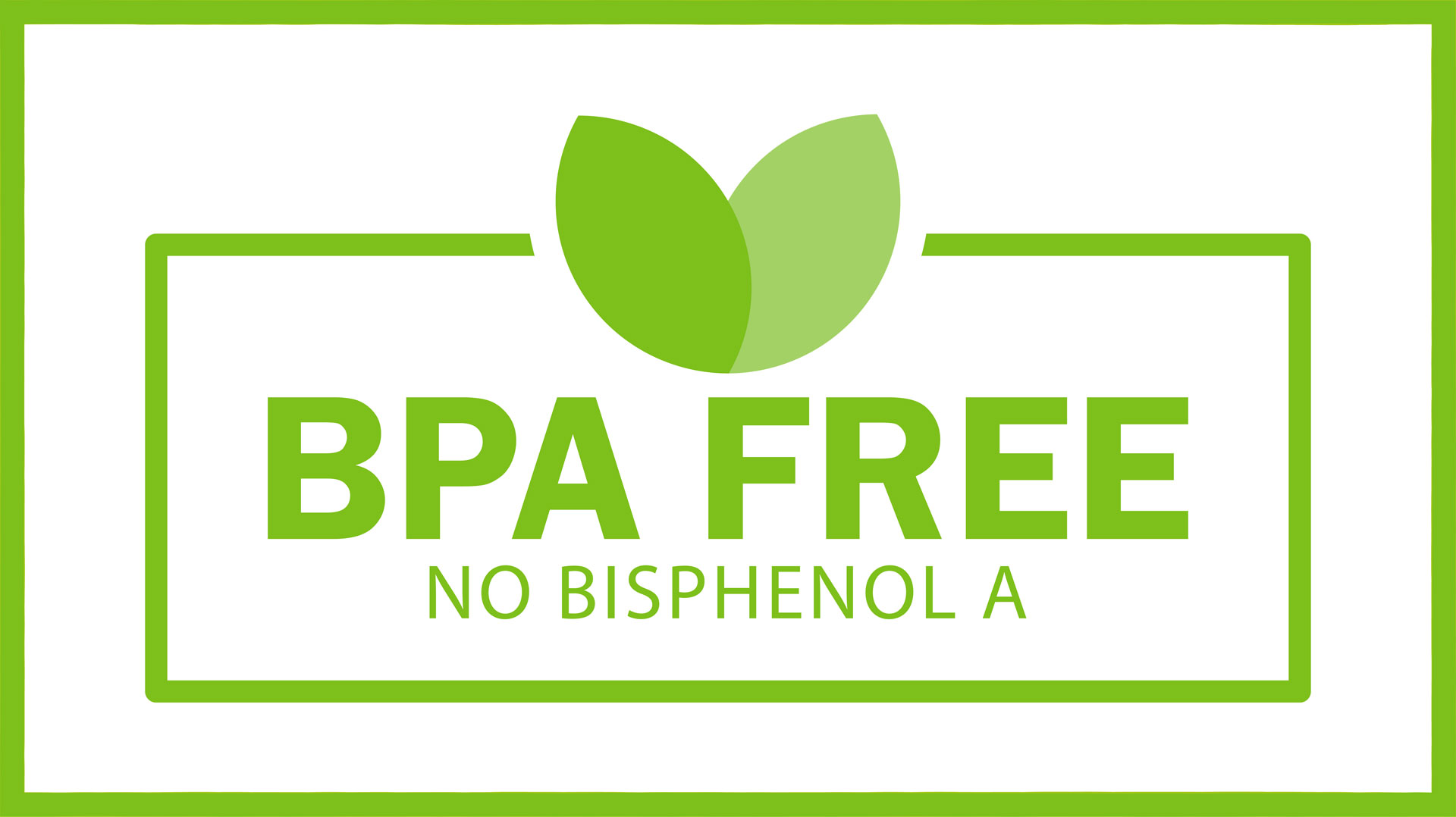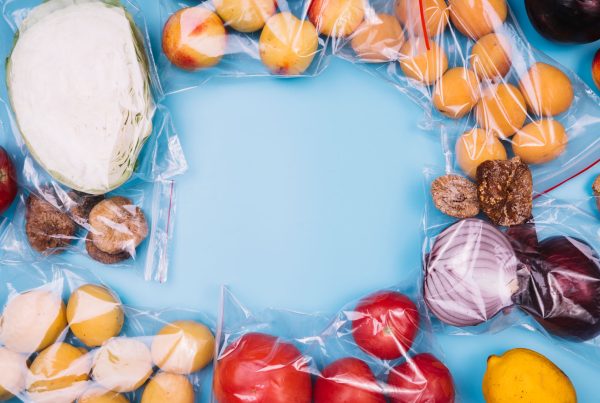On February 9th 2024, the European Commission opened the public consultation on the draft of the new Regulation which will ban the use of bisphenol A (BPA, CAS 80-05-7), together with other bisphenols, in materials intended into contact with food (FCM) and will repeal Regulation (EU) 2013/2018.
 Why ban BPA
Why ban BPA
This legislative measure follows the publication, in April 2023, by the European Food Safety Authority (EFSA), of a scientific update which highlights the insecurity of current dietary exposure to BPA, with a reduction in tolerable daily intake (TDI) by a factor of 20,000 (from 4 µg per kg of body weight set in 2015 to 0.2 ng per kg of body weight in 2023).
You can find more details in this article.
Transitional provisions and Derogations
The legislative proposal that introduces the ban on the use of BPA in FCM provides transitional periods to facilitate the adaptation of the industries involved. Specifically, for varnishes, coatings and final articles used as components in professional food production equipment, a period of 36 months is allowed to adapt to the new legislation, while for all other uses, the transitional period will be 18 months.
Despite the firmness of the ban, the proposal provides some significant exemptions including:
- The use of BPA disodium salt for the manufacture of polysulfonic resins used in plastic membranes in contact with food, which will be permitted by updating the annex I of Regulation (EU) 10/2011, provided that migration into the food does not occur.
- The use of BPA in the production of BADGE (CAS 1675-54-3) permitted exclusively for the creation of resistant varnishes and coatings, intended for containers with a capacity greater than 250 litres, provided that no migration of BPA into foods is found.
- A derogation of up to 10 years is granted for repeat-use final articles used in professional food production equipment.
As regards the unintentional presence of BPA in recycled materials, the proposal recognizes the impracticability and disproportionality of an absolute ban, instead providing for the establishment of a monitoring and notification system at European Union level involving business operators and Member States, focused in particular on recycled paper and board.
 Other Bisphenols
Other Bisphenols
To prevent BPA from being replaced with equally dangerous substances, the new regulation extends its caution to all other bisphenols used in food contact materials, which will need to be risk assessed and authorized before their use, ensuring they do not compromise human health. This measure reflects the precautionary approach already adopted for plastic materials according to Regulation (EU) 10/2011.
Consultation, Publication and Entry into Force
The Commission opened the public consultation from February 9th to March 8th 2024, inviting all interested parties to actively participate in the definition of this important legislative measure for the protection of public health and food safety within the European Union.
The adoption of the new Regulation is scheduled for the first quarter of 2024; the restriction is expected to become effective in late 2025 or early 2026.



